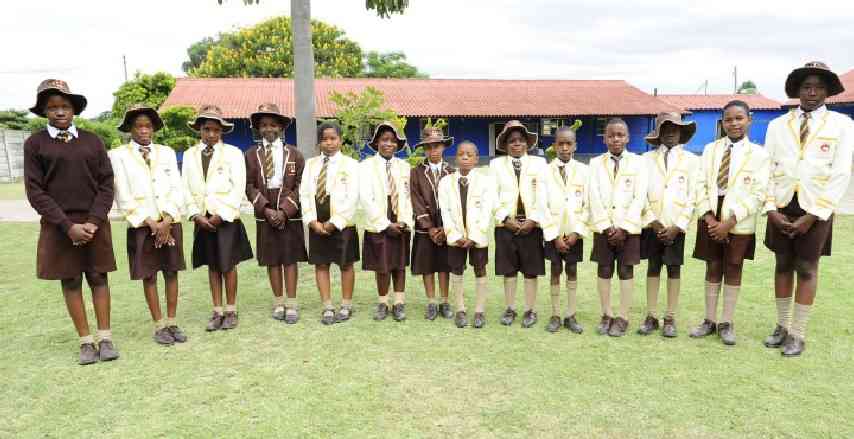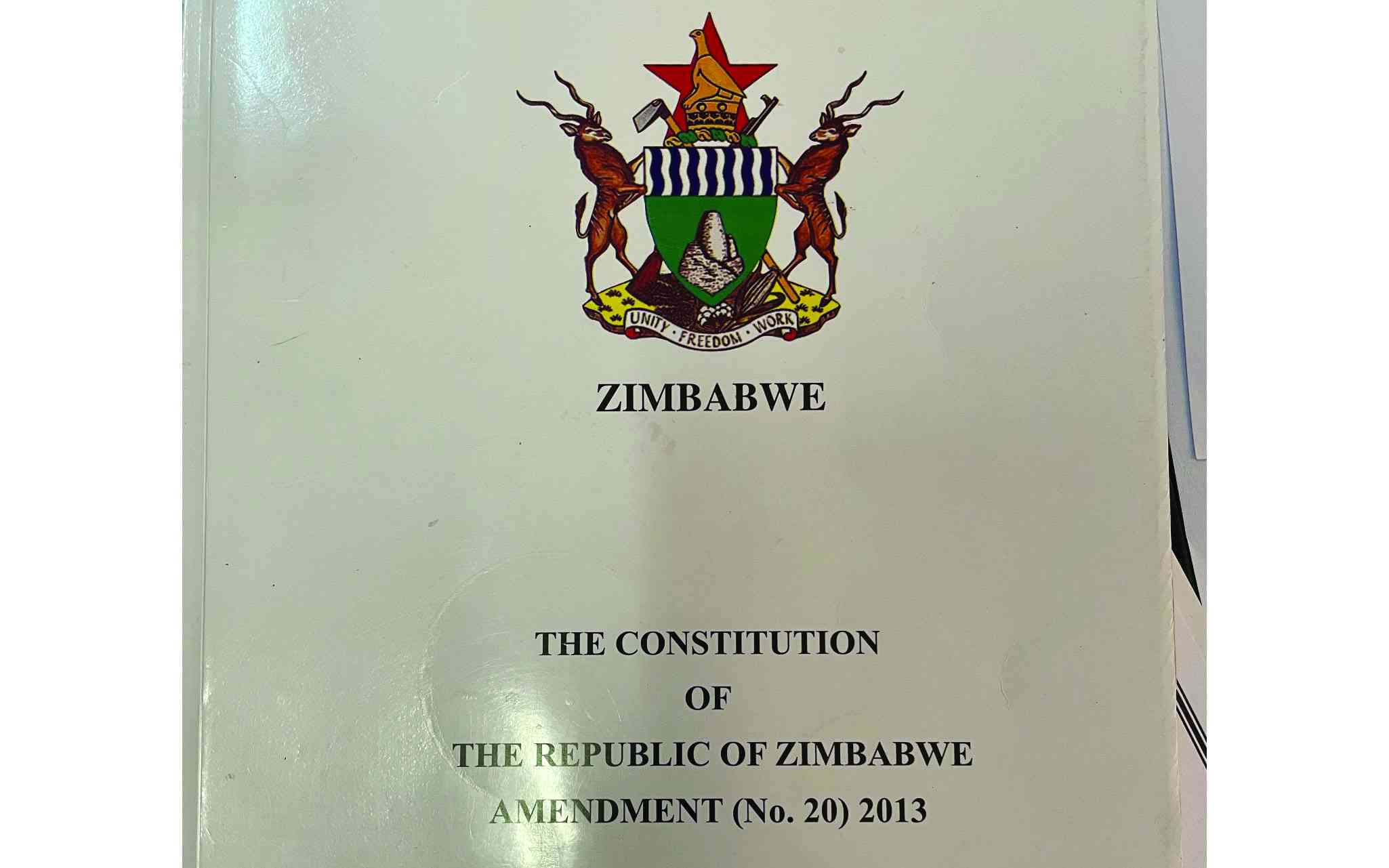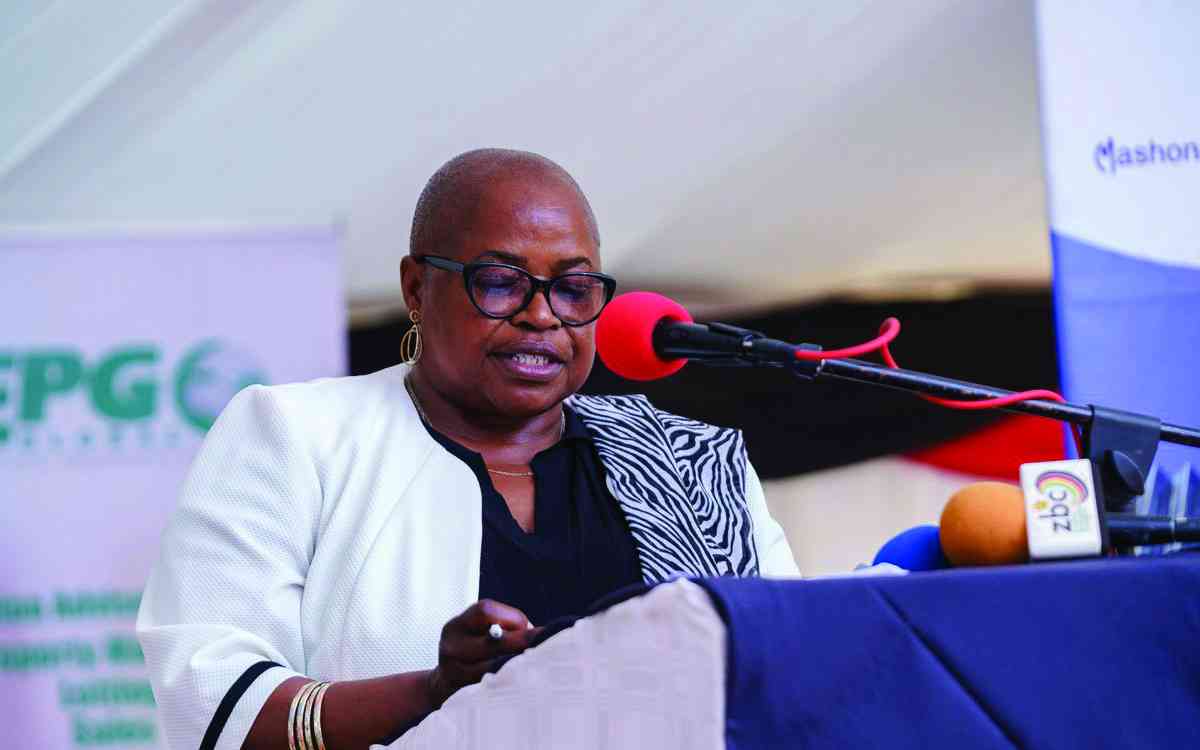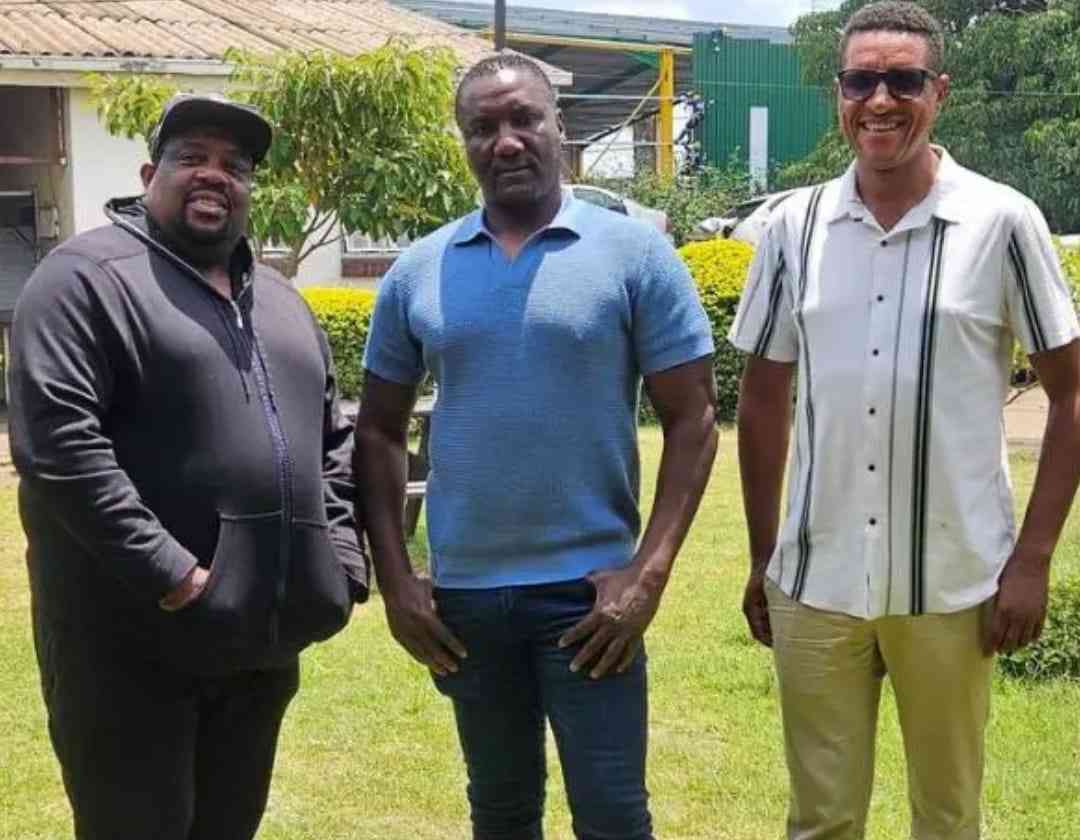
BY BRENNA MATENDERE An influential chief in the Midlands province has thrown his weight behind the white owners of a private conservancy that has been invaded by top government officials, who are now resorting to racist taunts.
In Zimbabwe, the majority of chiefs — mostly conservative custodians of local customs and traditions — are considered sympathetic to the government and ruling Zanu PF even though, once in a while, some bolt out of the box, but not without the persecution that usually comes with it.
As we reported in a December 2021 investigation done with support from Information for Development Trust, two serving ambassadors, an Airforce of Zimbabwe boss, top bureaucrats as well as ruling party members are among scores of individuals who invaded the 63,000-hectare Midlands Black Rhino Conservancy (MBRC) located in President Emmerson Mnangagwa’s home province.
The settlers include Zimbabwe’s ambassador to South Africa, David Douglas Hamadziripi, the current envoy to the United Nations Albert Ranganai Chimbindi, the former permanent representative to the United Nations Chitsaka Chipaziwa, Gweru-based Airforce of Zimbabwe base commander Marcelino Jaya, army captain Benson Munyanduki and Finance ministry chief director Clive Mphambela.
Charles Sungwa, a chartered quantity surveyor running a consultancy in South Africa, is also on the list of invaders.
The Environment ministry distanced itself from the controversial Lands ministry-sanctioned resettling of the government officials and party members in this Chirumanzu-Zibagwe constituency that was once run by President Mnangagwa and then his wife, Auxillia.
The settlers, leaked information shows, are adamant that they will not leave the conservancy. Instead, they are derisively urging the white directors, among them Doug King, to “go to Europe” and run conservancies there.
In earlier interviews, some of the settlers argued that their occupation of MBRC was a continuation of the land redistribution programme that started in 2000 but was declared officially over less than a decade later.
- Chamisa under fire over US$120K donation
- Mavhunga puts DeMbare into Chibuku quarterfinals
- Pension funds bet on Cabora Bassa oilfields
- Councils defy govt fire tender directive
Keep Reading
More than 5,000 white commercials farmers were forcefully—often violently—removed from their plots to make way for about half a million black people who had struggled to have access to productive land prior to the fast track land allocation programme.
The removal of the white farmers caused diplomatic ructions with the west, which accused the government of the late former president, Robert Mugabe, of reverse racism as well as property and human rights abuses, leading to Zimbabwe’s isolation and strategic withdrawal of bilateral and international support that severely affected the local economy.
In a follow up investigation by this publication, it was established King, the owner of the Chinyika range where most of the settlements have occurred, is taking the settlers to court.
It was also established that his decision follows a show of defiance and unwillingness by the new settlers to move out of the area reserved for breeding of rhinos and other animals.
The MBRC, set up in 1987, is home to a depleted eight rhinos.
A single rhino, according to a wildlife expert, requires a minimum of 50 square kilometres to breed.
Various other types of antelope such as kudu, eland, impala, bush buck, waterbucks and herbivores like elephants, buffaloes, hippopotamuses and zebras are breeding in the conservancy.
The conservancy is also home to wild dogs, leopards, cheetahs, brown and spotted hyenas, caracal and lions.
In terms of the Parks and Wild Life Act (Chapter 20:14) it is unlawful for people to settle in a conservancy without the backing of a legal instrument.
And investigations have revealed there was no statutory instrument or law promulgated to legalise human settlements in the MRBC.
King confirmed that a court showdown was looming between him and the new settlers.
“My lawyers are preparing a case to take to the courts over the matter (settlement in the conservancy). I would not want to say much since that might come out as pre-empting the case,” he said.
Investigations also showed that the new settlers have been erecting permanent structures on Chinyika from early January this year.
“What we are seeing in the last couple of days is that the new settlers are now erecting buildings using brick and mortar, which is different from when they first came here, when they just set up wooden cabins.
“This shows that the settlers have long term plans of staying in the wildlife conservancy,” a source said.
King confirmed the claims by the source.
“One of the new settlers brought in some men to site a borehole on the property. I guess with no permits,” he said.
Ahead of the court battle, Chief Gwesela, whose real name is Ndabezinhle Wait Ndebele, and under whose jurisdiction the conservancy falls, threw his weight behind King and the other conservancy owners in the planned legal challenge.
He complained that the new settlements took place without his knowledge.
“As the chief and, in terms of tradition, I was supposed to at least know that we have people coming into my area. I just hear that some of the people who have settled in that conservancy are soldiers who have access to guns and can easily shoot those rhinos.
“It’s very sad. If the matter goes to court, I am ready to support the owners of the conservancy because we want to protect our area. That is how the country can move forward. Our rhinos are now in danger,” the chief said.
He was also concerned that the new settlers were taking up farming on the conservancy.
Messages posted in settlers’ WhatsApp groups showed that they were adamant and eager to continue with their stay in the wildlife conservancy.
Excel Business Consultant director, Collen Masunda, who also occupies land in the conservancy wrote: “My personal opinion is that each person who was allocated a farm must move in and start production … Lets work on the land and not be drawn back by detractors.”
Air Commodore Jaya wrote: “Our detractors will fight to the end, but we remain resolute.”
Finance ministry chief director, Mphambela remarked in the Whatsapp group: “This King Doug fellow should go and do conservation in Europe.”
Chipaziwa responded: “Africans are the original conservationists. It’s those who introduced guns who are responsible for the decimation of wildlife in Africa. We shall co-exist peacefully with game in Chinyika.”
Chimbindi, in his post seemed, to be blame The Standard for shedding light on the settlements.
“They (journalists) are hired guns peddling lies and falsehoods and promote (sic) a narrative of that white folk. It insinuates racial bigotry, where a white man is the protector of the animals from us the irresponsible blacks,” he posted in the group.
Records obtained during the initial investigation showed there was an agreement in that group to block the investigation.











